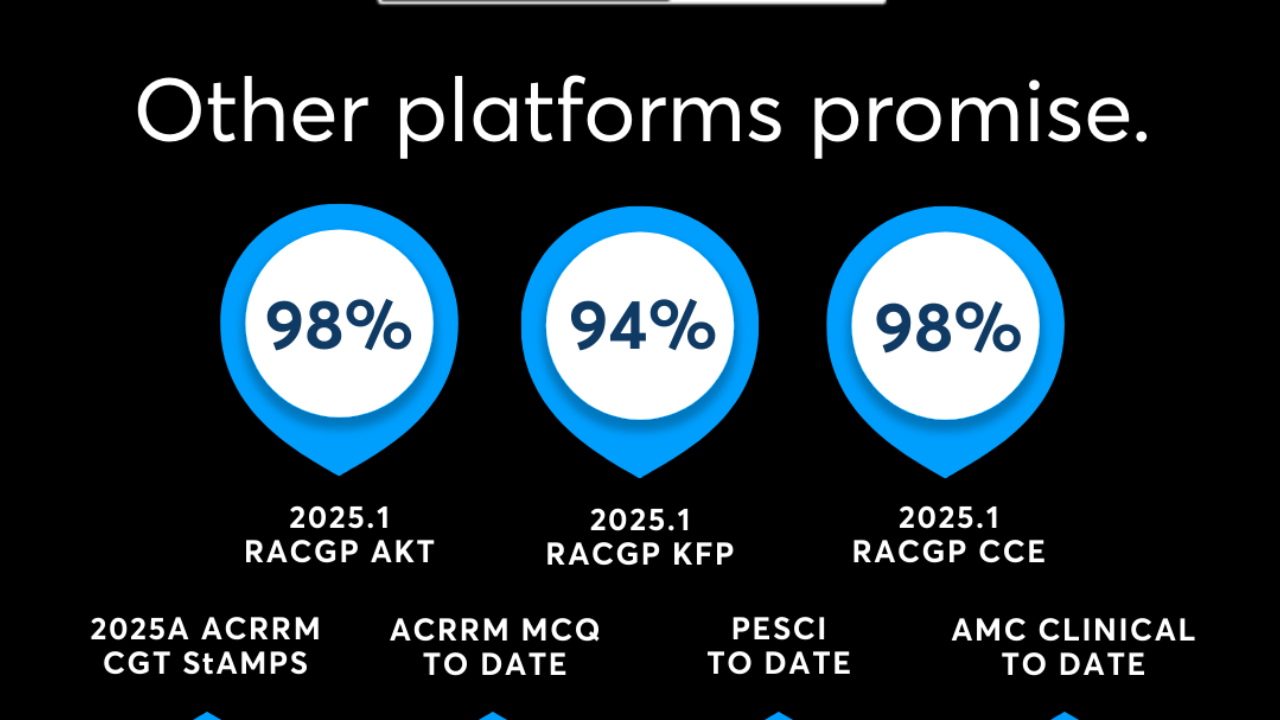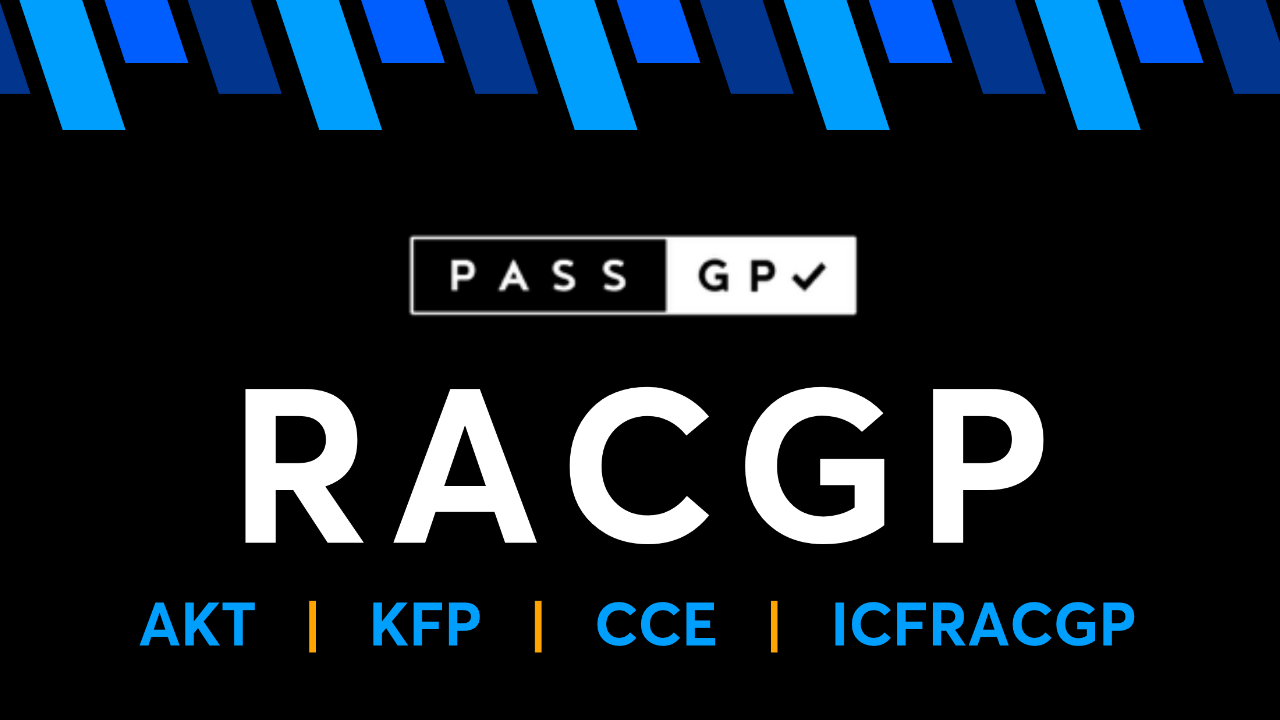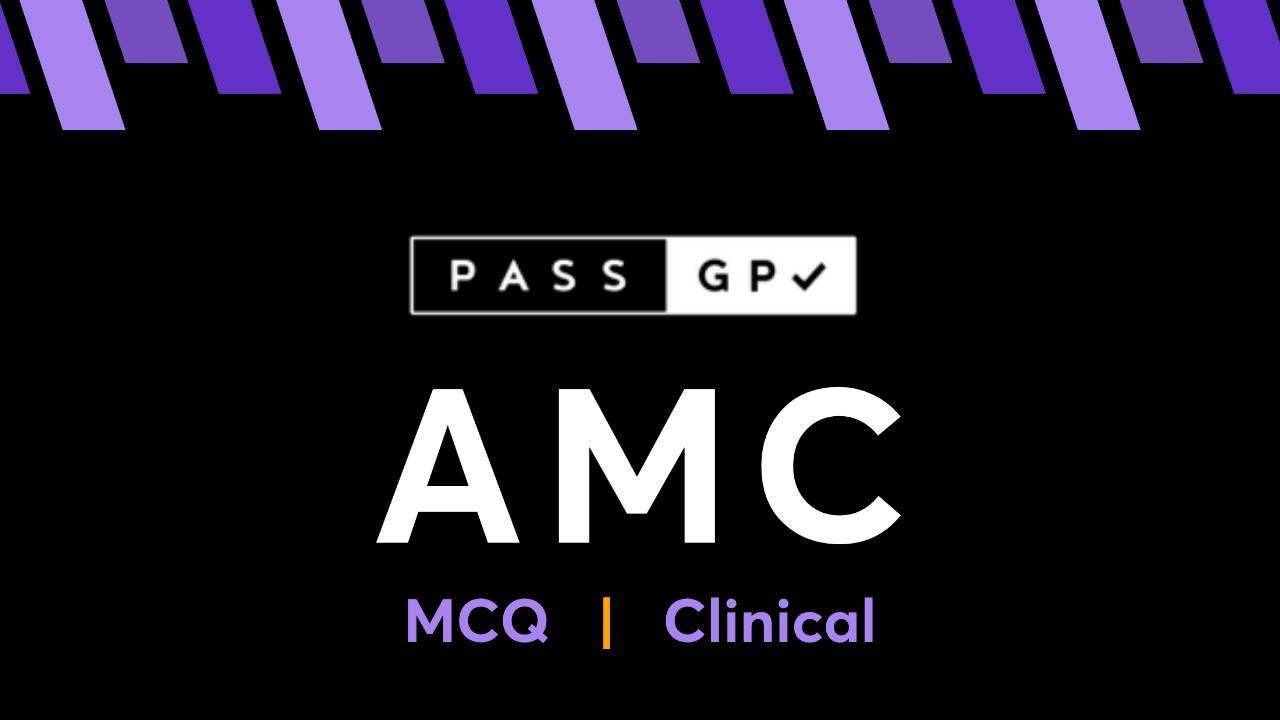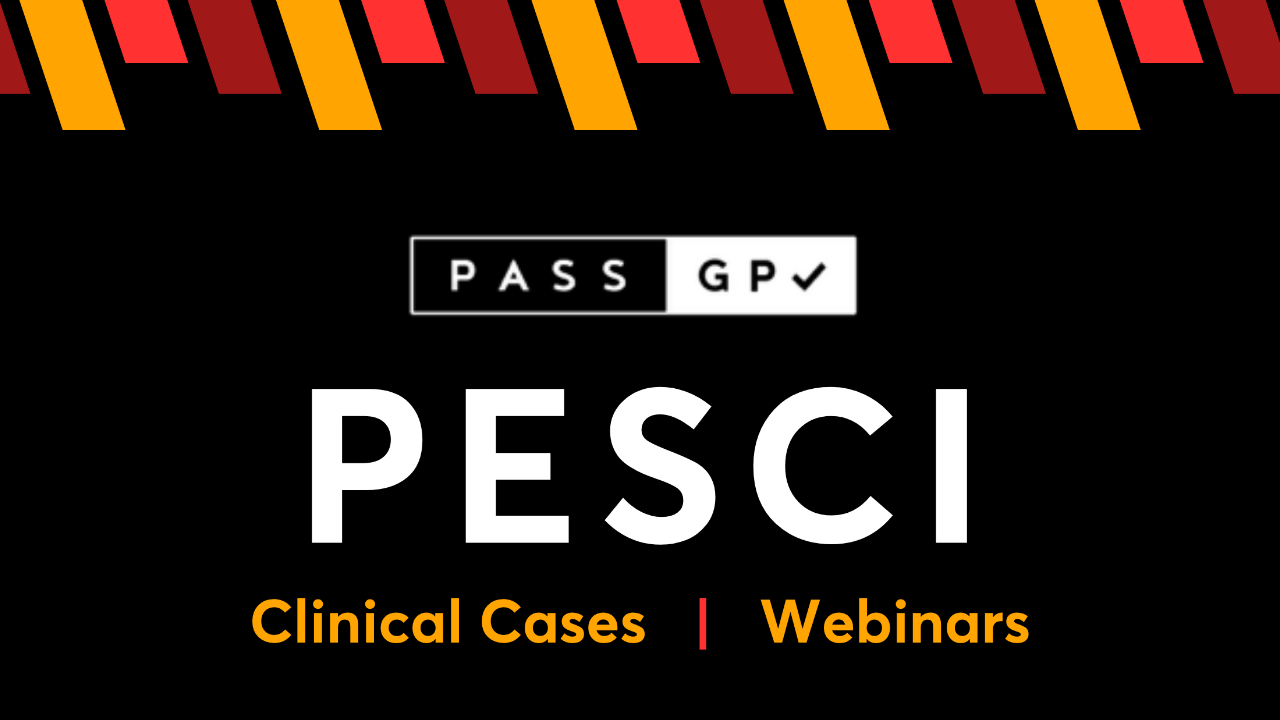Rapid clinical recall and exam-ready decision-making
Nov 17, 2025
In Australia’s medical training landscape, the pressure to perform well in formal assessments is not just about passing an exam -it’s about meeting the safety, reasoning and communication standards expected by AHPRA, colleges and clinical workplaces.
For many IMGs and GP trainees, the challenge isn’t knowledge itself. It’s recall under pressure, structured reasoning, and the ability to communicate answers clearly while thinking fast. This is where rapid-recall systems -especially high-yield flashcards -make a meaningful difference.
This article breaks down how modern clinical flashcards help clinicians strengthen recall, demonstrate AHPRA-aligned competence, and build safer clinical decision-making.
Why Clinical Recall Matters for AHPRA Competence
AHPRA’s performance expectations are grounded in three essential pillars:
- Safety-recognising red flags and urgent action points
- Competence -applying evidence-aligned investigation and management
- Communication -explaining your reasoning clearly and concisely
The gap for many candidates lies in the speed at which they can retrieve this information during:
- AKT stems
- KFP reasoning steps
- AMC Clinical stations
- PESCI safety-focused interviews
- ACRRM StAMPS viva questions
Slow or disorganised recall often translates into unclear reasoning -something that examiners quickly interpret as risk.
Flashcards provide a structured and repeatable way to strengthen this part of performance.
Why Flashcards Work: The Cognitive Science
Flashcards are not just a study gimmick -they are built on evidence-backed learning principles used in postgraduate medical education worldwide.
- Active recall
You force your brain to retrieve information without looking at notes.
This strengthens neural pathways and makes exam responses faster and clearer. - Spaced repetition
Revisiting material in small, frequent intervals improves long-term retention.
Perfect for a GP or IMG who can’t dedicate long hours daily. - Chunking
Flashcards break major topics into digestible, exam-relevant segments:
red flags → investigations → management → clinical pearls. - Cognitive load management
Instead of long lectures or 200-page PDFs, flashcards deliver the essentials, mapped to Australian guidelines.
How Flashcards Support AHPRA-Level Clinical Performance
- Recognising red flags instantly
Examiners expect immediate recognition of:
- acute abdomen
- chest pain danger signs
- unilateral weakness
- visual disturbance red flags
- paediatric emergencies
Flashcards reinforce these patterns repeatedly, so the recall is automatic.
- Explaining reasoning clearly
AHPRA and examiners listen for structured thinking such as:
- most likely diagnosis
- differentials
- what’s dangerous
- what to investigate
- what to treat
- what to safety-net
Flashcards help clinicians internalise this structure -even under pressure.
- Evidence-aligned management
Your flashcards align with:
- Australian Therapeutic Guidelines
- College curricula
- The latest national evidence base
This ensures answers are not just fast -they're correct, contemporary and safe.
- Supporting IMG communication standards
Many IMGs struggle not with knowledge, but delivery.
Flashcards simplify the phrasing, helping candidates:
- summarise quickly
- verbalise red flags
- avoid over-explaining
- stay patient-centred
Why Easy, Frequent Study Beats Long Study Sessions
Doctors don’t have spare hours.
Flashcards turn these micro-moments into high-yield revision sessions -the exact learning style proven to improve exam outcomes.
This is why the PassGP Clinical Knowledge Bank Flashcards are fully optimised for:
- 24/7 mobile app access
- short bursts of study
- rapid information retrieval
- high-yield exam content
- visually rich cues (ECGs, X-rays, dermatology images)
How Flashcards Fit into Your Exam Preparation Course
Flashcards aren’t a replacement for:
- mock exams
- full question banks
- examiner feedback
- long-form explanations
They enhance them.
The ideal structure is:
- Use performance analytics → find weaknesses
- Target gaps with flashcards → build recall
- Reinforce with mock exams → apply knowledge
- Use examiner feedback → refine reasoning
- Repeat short flashcard sessions → cement memory
This is the high-performance cycle used by top candidates.
The PassGP Difference
Unlike generic study cards, PassGP flashcards are:
- written by academics, senior clinicians and examiners
- mapped directly to Australian guidelines
- structured exactly the way examiners think
- built for AKT, KFP, CCE, AMC, ACRRM, PESCI
- rich with clinical images, ECGs, X-rays and red-flag cues
They cover 19 core clinical areas and more than 500 cards, forming a complete rapid-recall system.
Final Thoughts
Flashcards are not a shortcut -they are a high-yield accelerator.
Whether you're preparing for RACGP Fellowship exams, AMC Clinical, PESCI or meeting AHPRA expectations for safe independent practice, rapid recall is a non-negotiable skill.
And the right recall tool -evidence-aligned, examiner-written, and designed for real clinical life -makes all the difference.







